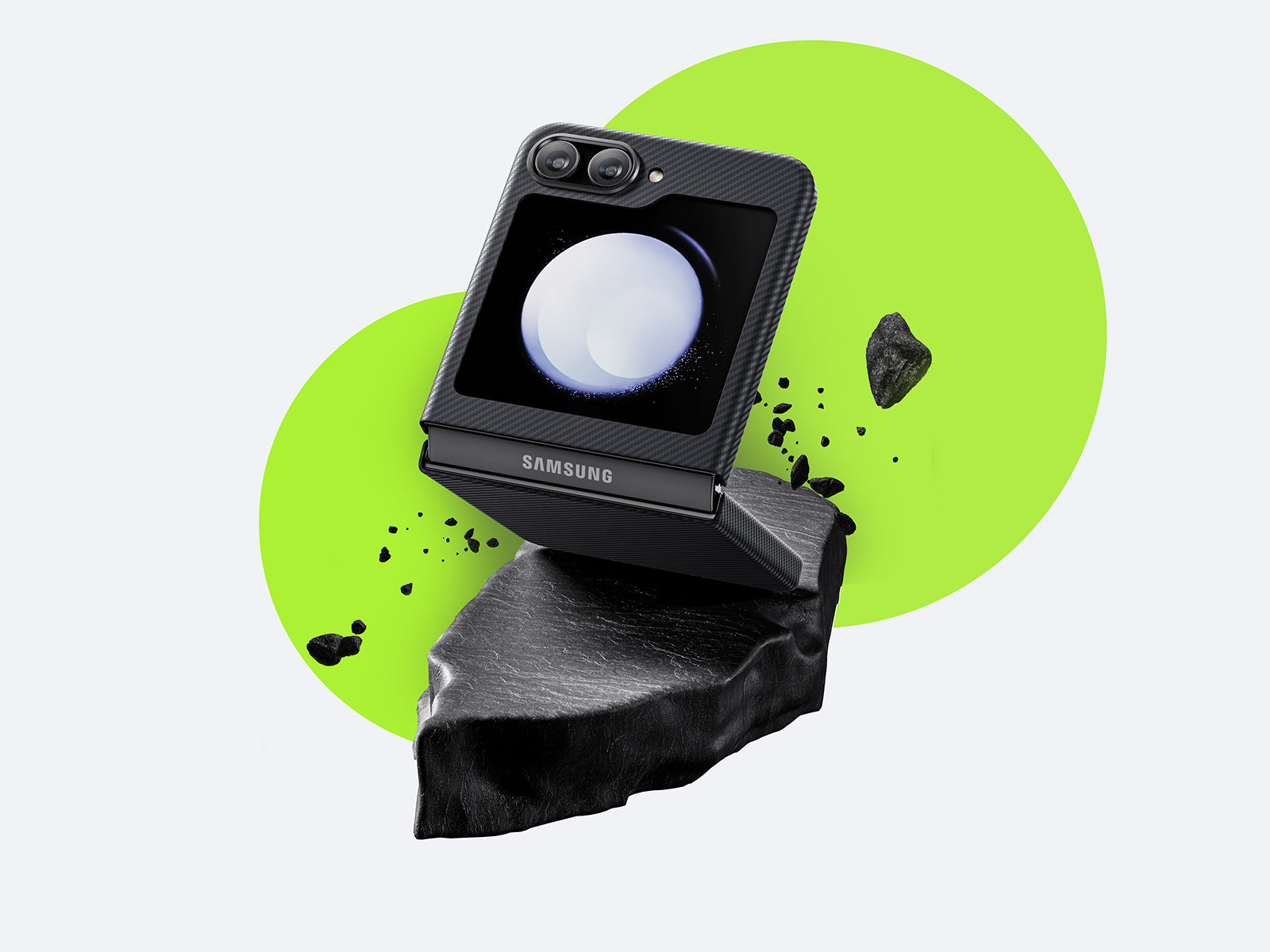
Digital Titans Clash: Samsung vs. Apple - Whose Ecosystem Reigns Supreme?
In the prime of their careers and personal lives, today's professionals navigate a digital world that demands both efficiency and adaptability. Two tech giants, Samsung and Apple, offer ecosystems that promise to streamline this digital journey. But which one truly understands the needs of the mid-career professional ?
Samsung Ecosystem Products: Integrating Modern Life
The Samsung ecosystem boasts a plethora of devices: the Galaxy smartphones, smart TVs, tablets, smartwatches, and even smart home appliances. Apple, on the other hand, offers a more streamlined range: the iPhone, iPads, Macs, Apple Watches, Apple TV, and the HomePod. Both ecosystems have been instrumental in facilitating remote work and study. For instance, students and professionals alike have used iPads and Galaxy tablets for virtual meetings, presentations, and collaborative projects.
Photo by Silivan Munguarakarama on Unsplash
Samsung Ecosystem Features: Adapting to the Multitasker
Samsung's ecosystem is known for its adaptability. The Samsung DeX, for example, allows users to connect their Galaxy devices to a monitor, transforming the smartphone into a desktop experience. This feature has been a game-changer for many professionals. They can start a presentation on their phone during a commute and, upon reaching the office, connect to a monitor for a more detailed view. Additionally, with Samsung DeX, users can watch a video on a TV while simultaneously using their phone, or even mirror a video call from a tablet to a TV monitor for team participation.
Apple Ecosystem's Family-Centric Approach: Safety and Sharing at Its Core
Apple's ecosystem is tailored for families. The Family Sharing feature allows up to six family members to share access to Apple services like Apple Music, Apple TV+, and Apple Arcade. Parents can monitor and control their kids' device usage with Screen Time, which provides insights into app usage and allows parents to set limits. The Communication Limits feature lets parents choose who their children can communicate with, ensuring they're always reachable. Apple's ecosystem also offers tools to protect kids from inappropriate content, manage in-app purchases, and even help locate missing devices with the Find My app.
Photo by Pontus Wellgraf on Unsplash
Evaluating Dominance: Has the Samsung Ecosystem Surpassed the Apple Ecosystem?
In recent years, there's been a growing debate about whether Samsung's ecosystem has managed to surpass Apple's. Samsung's aggressive innovation and its adaptability to a wide range of devices and platforms have certainly given it a competitive edge in many markets.
Their open system, compatibility with various third-party devices, and emphasis on customization have attracted a diverse user base. Apple, on the other hand, has always prioritized a controlled environment, ensuring a consistent and premium user experience. While Samsung's approach offers more choices, Apple's ecosystem is often lauded for its reliability, security, and seamless integration. Market shares fluctuate, and preferences vary across demographics, but it's undeniable that both giants have carved out strong, loyal followings.
Photo by Jonas Leupe on Unsplash
Conclusion: Choosing Your Digital Ally in the Samsung and Apple Ecosystems
In the balancing act of mid-life, both career and family take center stage. Samsung and Apple offer tools to make this act smoother, but the choice ultimately depends on individual preferences. Do you value adaptability or seamless integration? Reflect on your day-to-day needs and decide: Which ecosystem is your ally in this journey?
You May Want to Learn:
2023 Top 6 Thin Phone Cases for iPhone 15
Review: Should I Buy an iPhone 15 FineWoven Case?
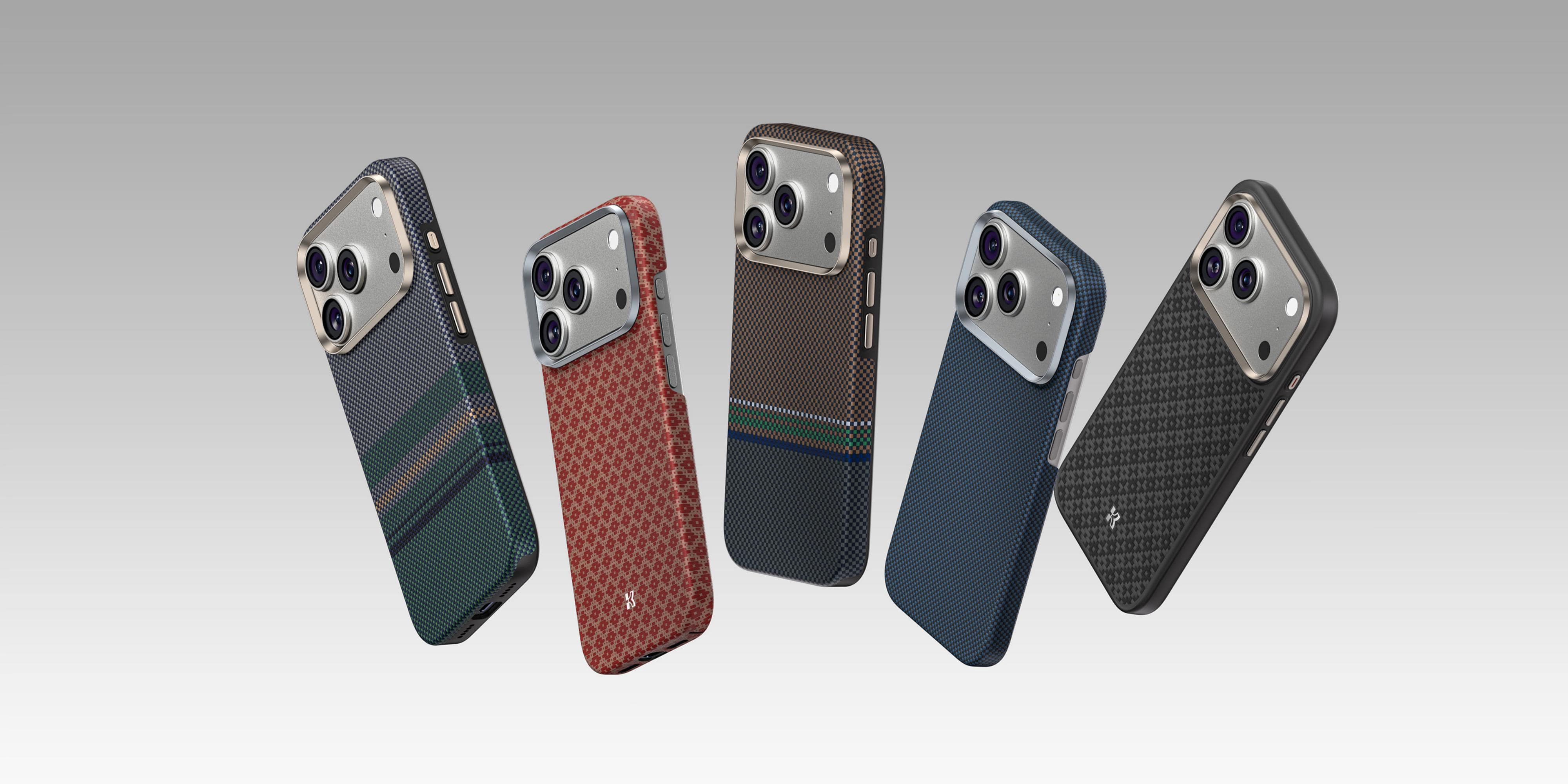
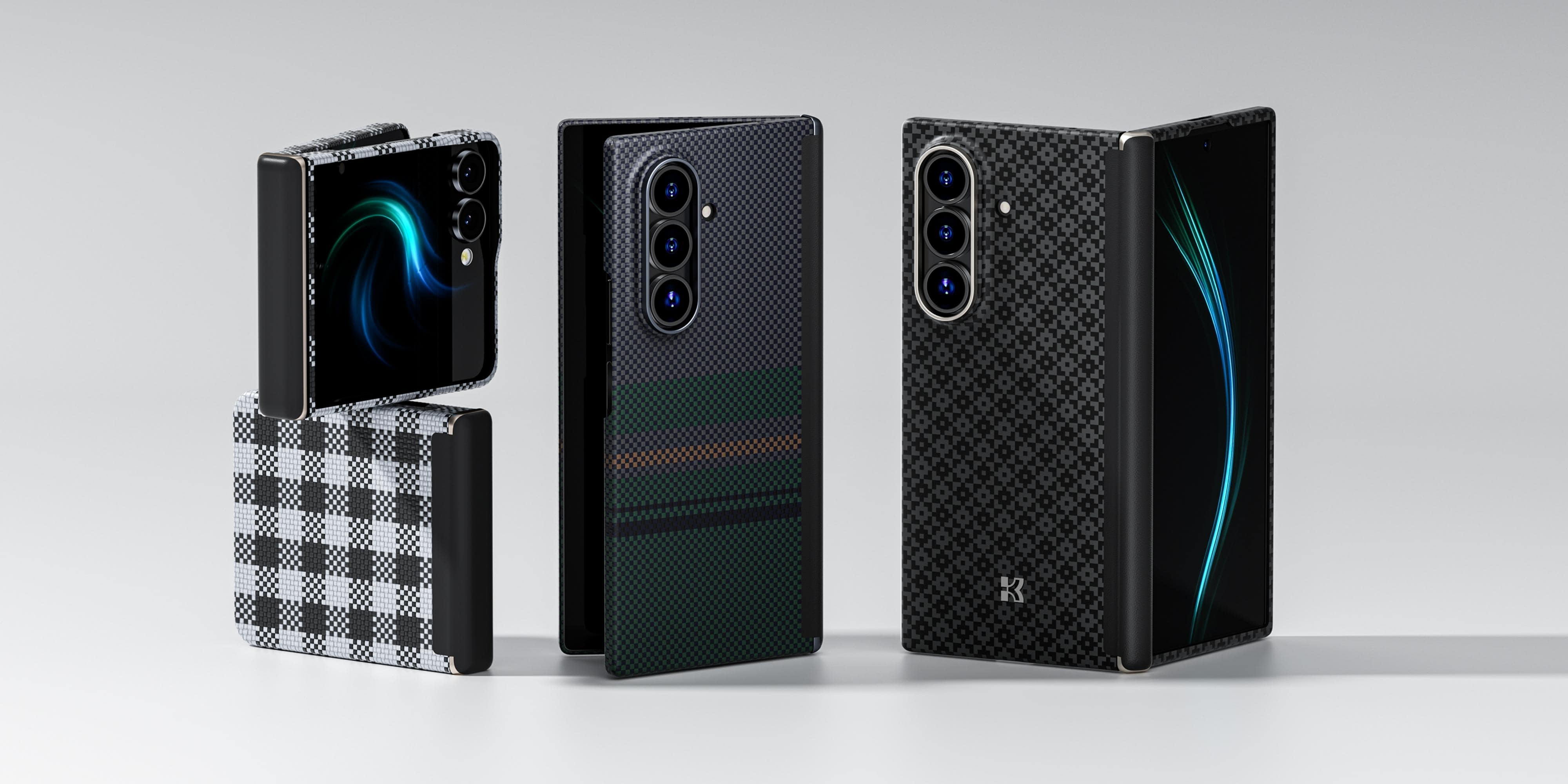

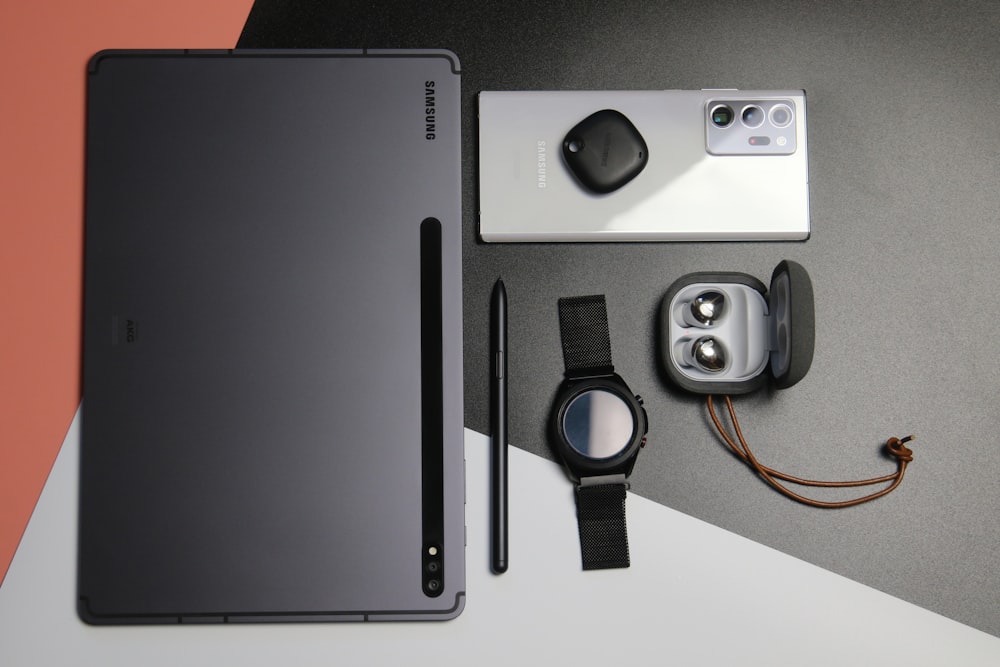

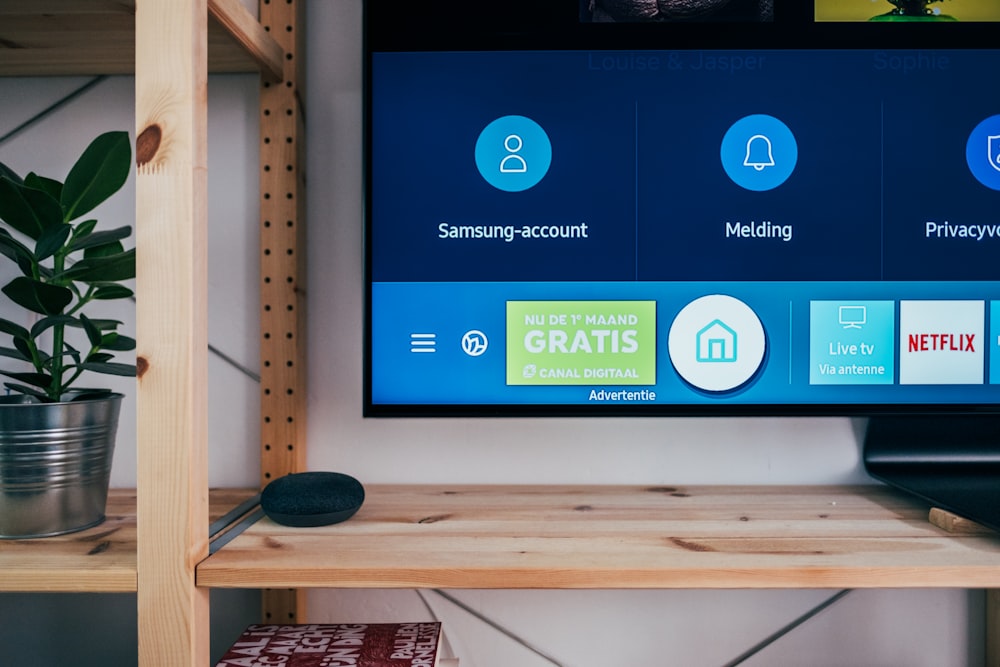

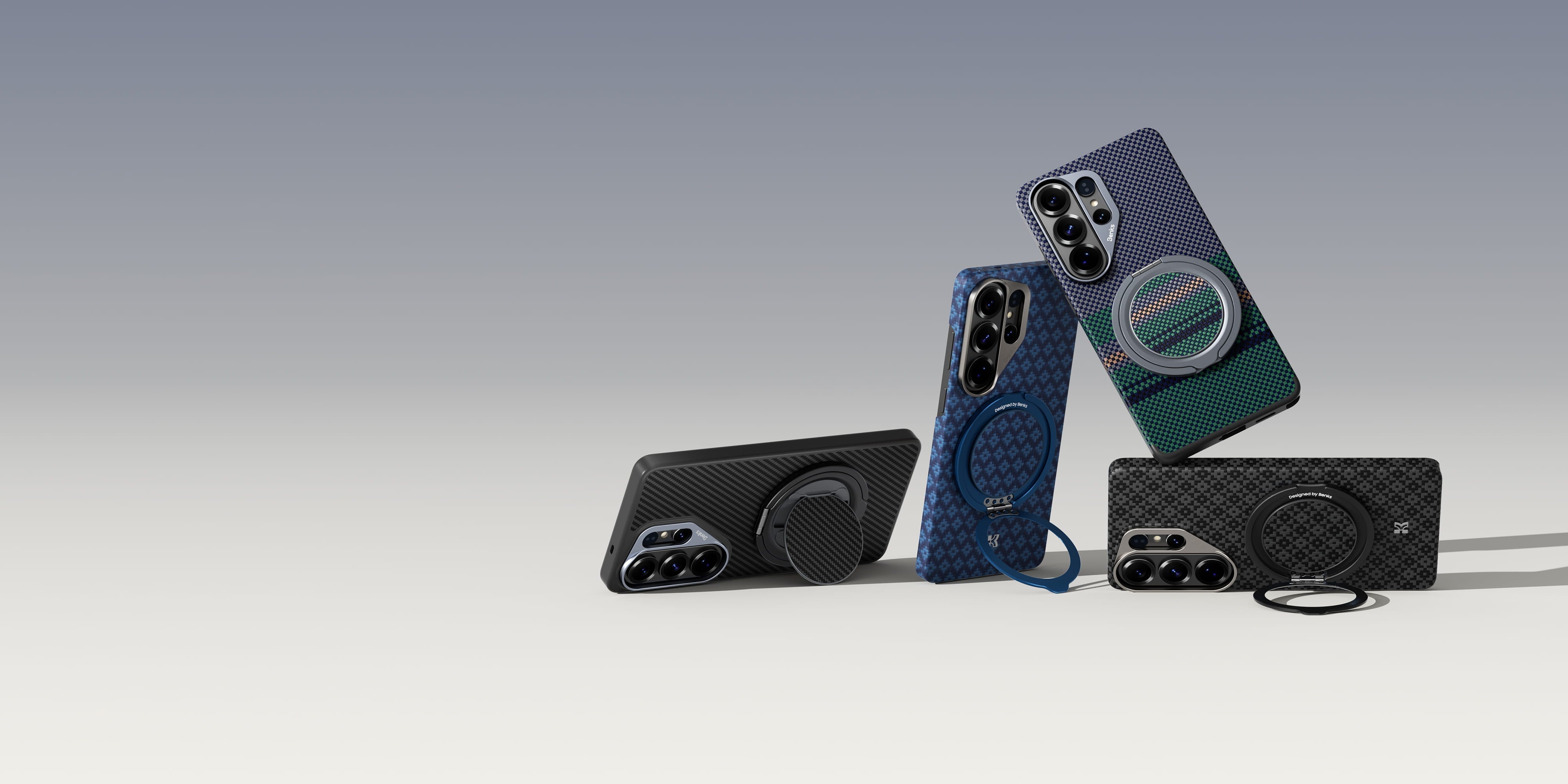






Leave a comment
This site is protected by hCaptcha and the hCaptcha Privacy Policy and Terms of Service apply.